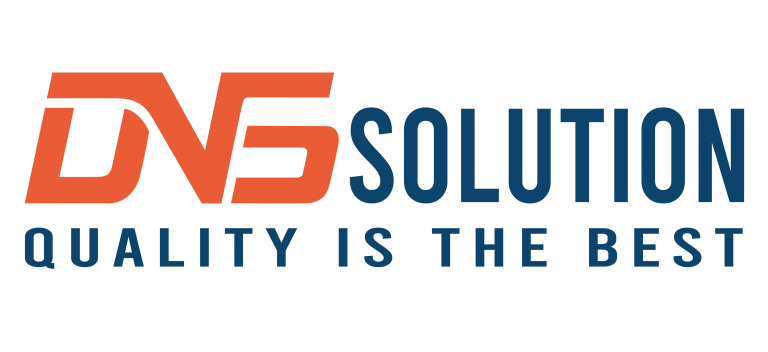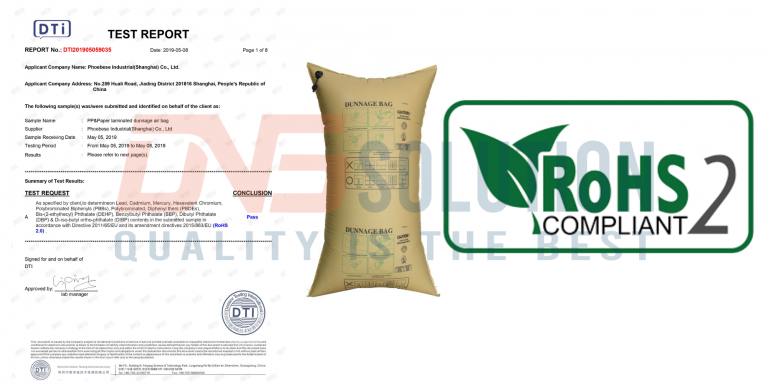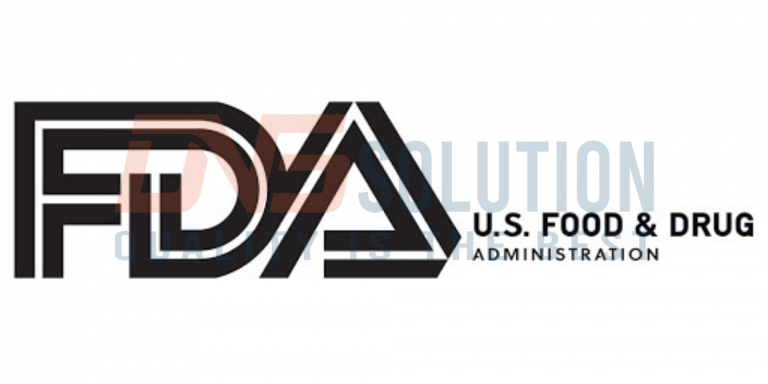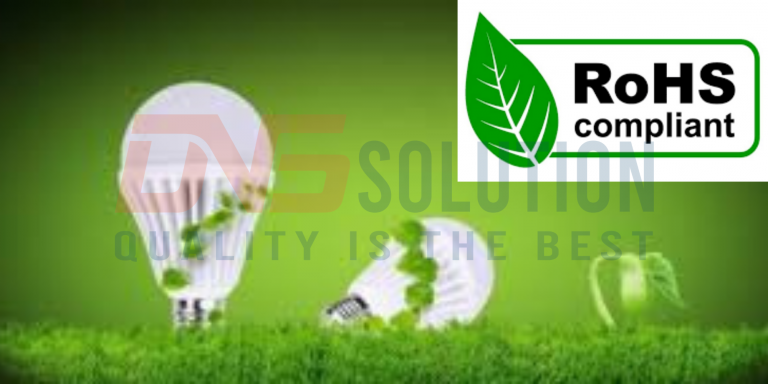Overview of ISO
ISO is an independent, non-governmental organization, the members of which are the standards organizations of the 165 member countries. It is the world’s largest developer of voluntary international standards. And it facilitates world trade by providing common standards among nations. More than twenty thousand standards have been set. Covering everything from manufactured products and technology to food safety, agriculture, and healthcare.
Use of the standards aids in the creation of products and services that are safe, reliable, and of good quality. The standards help businesses increase productivity while minimizing errors and waste. By enabling products from different markets to be directly compared. They facilitate companies in entering new markets and assist in the development of global trade on a fair basis. The standards also serve to safeguard consumers and the end-users of products and services. Ensuring that certified products conform to the minimum standards set internationally.
History
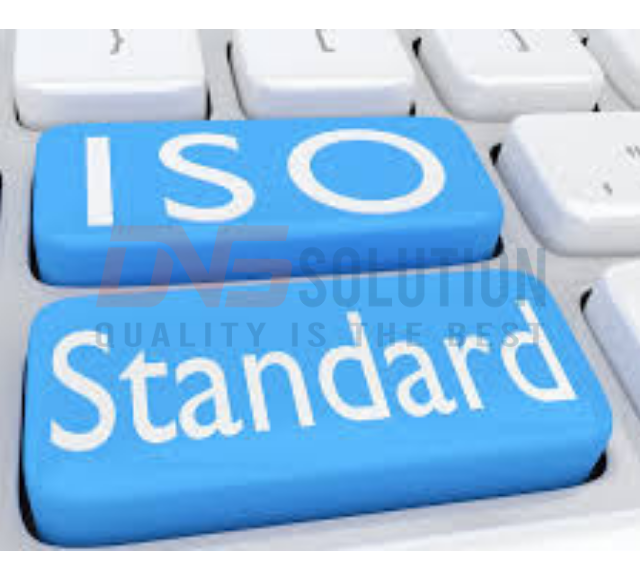
The organization began in the 1920s as the International Federation of the National Standardizing Associations (ISA). It was suspended in 1942 during World War II. But after the war ISA was approached by the recently formed United Nations Standards Coordinating Committee (UNSCC) with a proposal to form a new global standards body. In October 1946, ISA and UNSCC delegates from 25 countries met in London and agreed to join forces to create the new International Organization for Standardization. The new organization officially began operations in February 1947
Structure
- ISO is a voluntary organization whose members are recognized authorities on standards, each one representing one country. Members meet annually at a General Assembly to discuss the strategic objectives of ISO. The organization is coordinated by a central secretariat based in Geneva.[10]
- A council with a rotating membership of 20 member bodies provides guidance and governance, including setting the annual budget of the central secretariat.
- The technical management board is responsible for more than 250 technical committees, who develop the ISO standards.
Membership
ISO has 165 national members.
ISO has three membership categories:
- Member bodies are national bodies considered the most representative standards body in each country. These are the only members of ISO that have voting rights.
- Correspondent members are countries that do not have their own standards organization. These members are informed about the work of ISO, but do not participate in standards promulgation.
- Subscriber members are countries with small economies. They pay reduced membership fees, but can follow the development of standards.
The ISO 9000 series of standards includes the following main standards
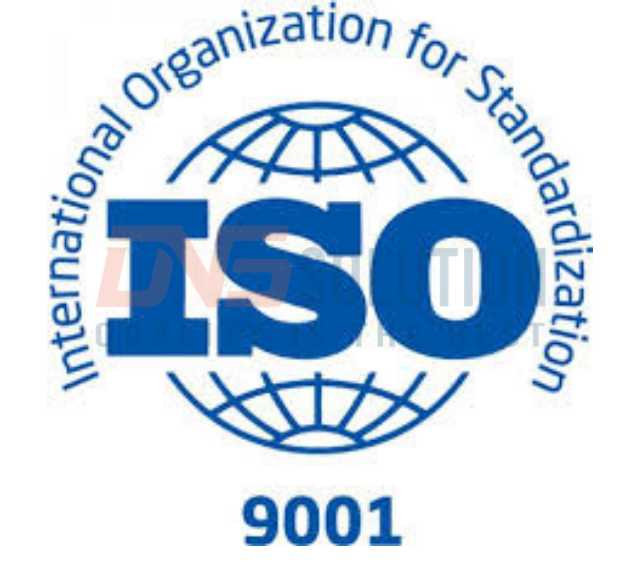
The ISO 9000 series of standards is a set of international standards designed to assist organizations of all types and sizes in building, implementing and operating effective quality management systems.
- ISO 9000: 2005
Quality management systems – Fundamentals and vocabulary: This International Standard describes the basis of quality management systems and specifies the terminology for quality management systems. Contains the core languages of the ISO 9000 family of standards
ISO 9001: 2008
Quality management systems – Requirements: This is the most important central standard of the ISO 9000 series of standards, it is used in any organization that designs, develops, manufactures. to install or service any product or to provide any kind of service. It delivers the number of requirements that organizations need to fulfill if it satisfies customers through complete products and services that satisfy customer expectations. This is only a full performance against the third party controller that awards the certificate.
- ISO 9004: 2009
Quality management systems – Management for the long-term success of an organization – An approach to quality management.
- ISO 19011: 2002
Guidelines for auditing quality management systems and the environment: This International Standard provides guidance on how to cost quality management systems.
DNS SOLUTION provides fully international certified industrial support products. Contact HOTLINE: 0986 042 188for advice.
Refer to the industrial support products of DNS SOLUTIONhere
Websitednssolution.vnis protected by the Ministry ofIndustry and Trade of Vietnam.
